 |
|||
 |
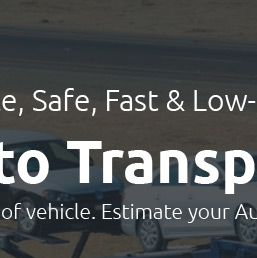 |
 |
|---|---|---|
 |
 |
|
 |
 |
 |
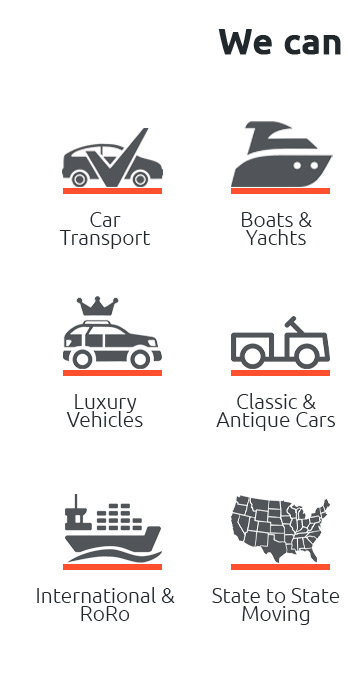 |
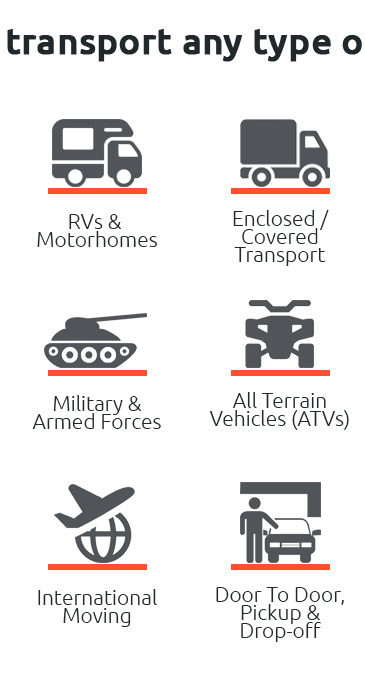 |
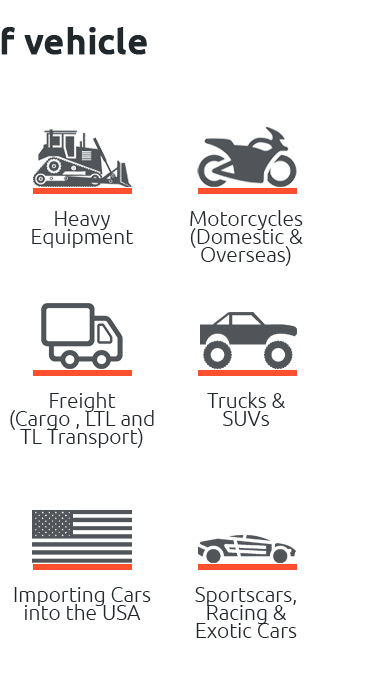 |
|---|
 |
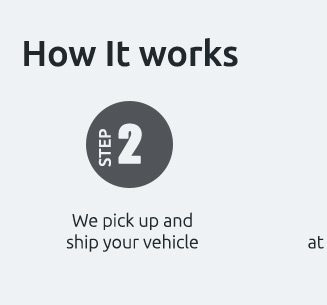 |
 |
|---|---|---|
 |
||
 |
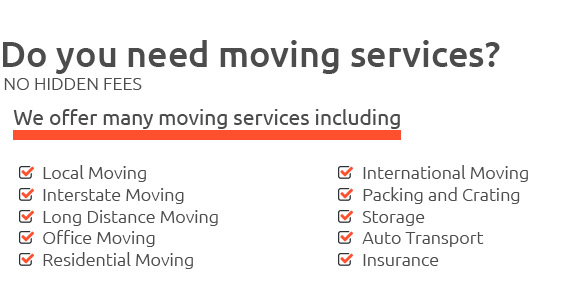 |
|---|---|
transporting cargo overseas: a beginner’s guideWhat this involvesMoving goods across borders by sea or air means coordinating carriers, ports, and rules. You’ll work with a freight forwarder, the carrier, and customs. Expect paperwork, checks, and timelines that change with weather, capacity, and regulations. Insurance and packaging matter. Key choicesYour first choice is mode: ocean for bulky, economical shipments; air for speed and urgency. Pick FCL or LCL, and decide door-to-door or port-to-port. Build a buffer, and add cargo insurance for peace of mind. Essential documents
Costs and timingTransit can run days to weeks. Watch peak seasons, cutoffs, and possible demurrage or detention. Track milestones, and confirm delivery windows with your consignee early. Preparation steps
Start early, keep copies, and keep communicating to avoid surprises.
|
|---|